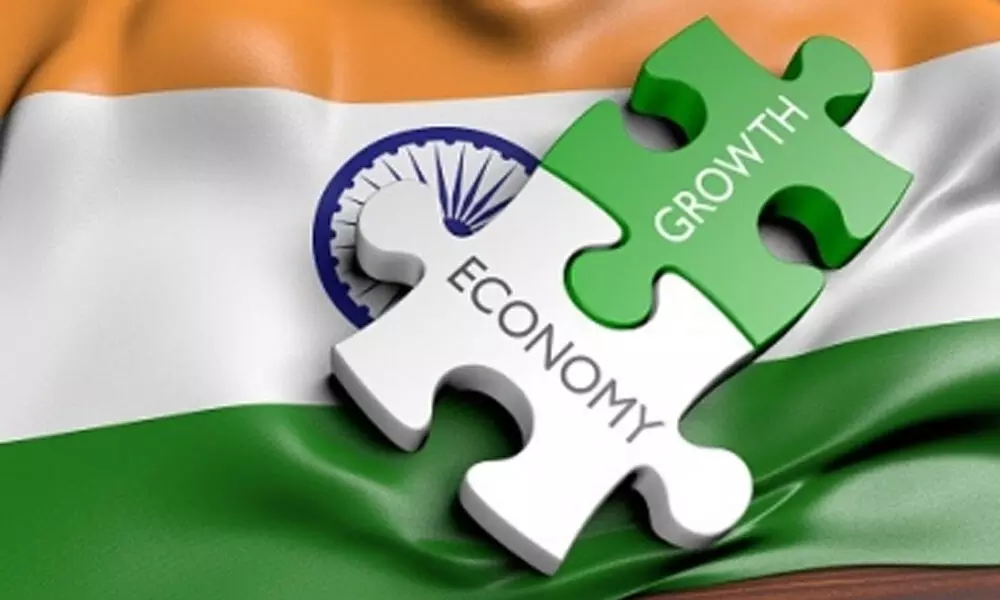Surge in commodity prices to impact India's economy: Ind-Ra
Further surge in global commodity prices will have serious implications for India's economy which is still struggling to come out of the Covid-19 impact, ratings agency Ind-Ra said.
image for illustrative purpose

New Delhi, April 3 Further surge in global commodity prices will have serious implications for India's economy which is still struggling to come out of the Covid-19 impact, ratings agency Ind-Ra said.
As per Ind-Ra, a higher retail inflation not accompanied by a commensurate increase in wage growth will adversely impact the consumption demand and in turn investment revival in the economy.
"Though a spike in global agricultural commodity prices could benefit India, it may not move the needle favourably because India, despite the world's biggest exporter of Basmati rice, exported just $6.59 billion worth of cereals and imported vegetable oil and pulses worth $9.66 billion and $1.44 billion, respectively, in FY20."
"On the other hand, India's import bill on oil, coal and nonferrous metals was $129.86 billion, $22.45 billion and $13.14 billion, respectively."
According to the agency, a faster-than-expected recovery in demand, the stimulus measures announced by the US, the roll out of Covid-19 vaccine and ultra-low interest rates are fuelling the surge in commodity prices.
Consequently, energy commodity prices over the past six months have increased by 55.4 per cent, the increase in non-energy commodity prices is 19.3 per cent.
Among the major non-energy subgroups, agricultural commodities rose by 16 per cent, fertilisers 30.2 per cent and metals and minerals by 25.1 per cent.
On a more disaggregated level, the prices of copper, aluminium, tin, nickel and zinc have gone up by 26.3 per cent, 19.2 per cent, 46.6 per cent, 25.1 per cent and 12.4 per cent respectively.
In addition, it warned against a commodity super cycle.
This phenomenon occurs as a "long-term, above-trend movements in a wide range of base material prices, driven by a structural change in demand".
The last such super cycle started in early 2000 and lasted till the global financial crisis of 2008.

